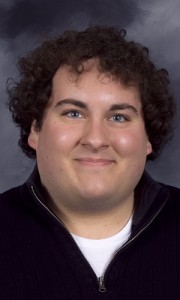Michigan Tech undergraduates and graduate students studying chemical engineering took first and second place in the Society for Mining, Metallurgy and Exploration’s (SME) Mineral and Metallurgical Processing Division 2013 student poster contest at the SME annual meeting in Denver.
Undergraduate winners:
First place: Katrina Swanson
Second place: Paul Hagadone II
Graduate student winners:
First place: Brett Spigarelli
Second place: Howard Haselhuhn
Published in TechToday
